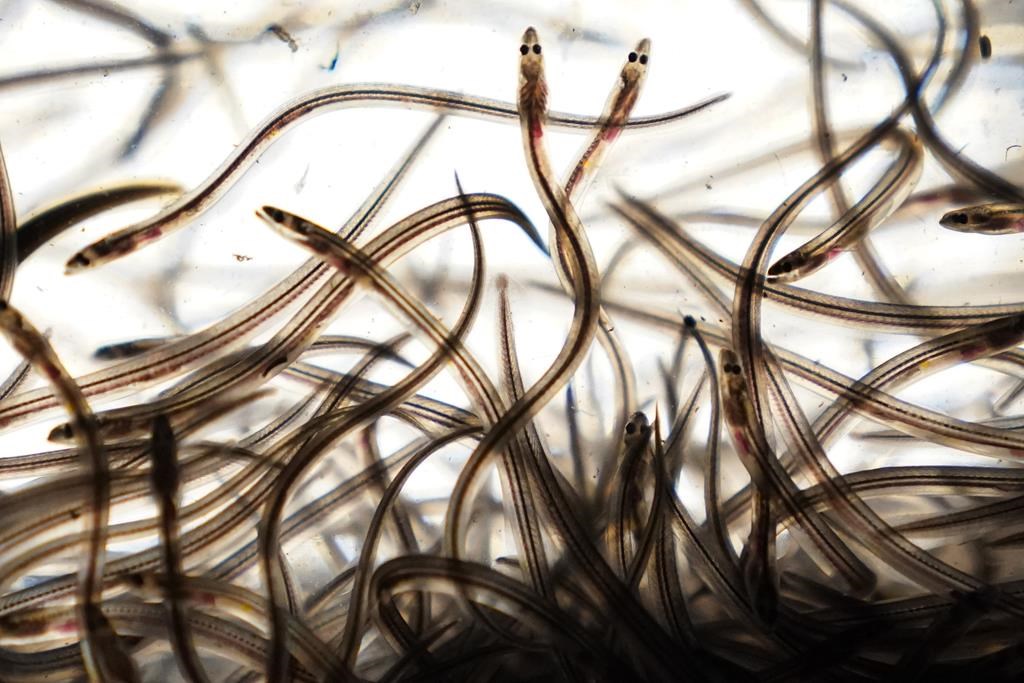Earls faces backlash after dropping Alberta beef for Certified Humane U.S. meat
Posted April 28, 2016 2:18 pm.
Last Updated April 29, 2016 9:40 am.
This article is more than 5 years old.
VANCOUVER – A decision by Earls restaurants to ditch Alberta beef in favour of U.S. meat that is free of added hormones has prompted a backlash from cattle ranchers and threats to boycott the Canadian chain.
The company announced this week that it would become the “first restaurant chain in North America” to serve only beef with the U.S.-based Certified Humane designation, raised without the use of antibiotics, steroids or added hormones.
Earls spokeswoman Cate Simpson said as the company’s commitment to “conscious sourcing” deepened, it spent nearly three years searching for a Certified Humane producer in Canada that could meet its large supply needs.
“They just weren’t able to increase the level of production they have, but hopefully one day they will and then we will happily switch back to Alberta or Canadian beef,” she said in an interview.
She said all of the chain’s 66 restaurants in Canada and the U.S. would now serve Certified Humane beef from a Kansas supplier. The chain sells about two million pounds of beef a year, she added.
The announcement incited anger on social media, with Opposition Wildrose party Leader Brian Jean and federal Conservative MP Jason Kenney jumping into the fray on Twitter. Scores of social media users threatened to boycott the chain.
Alberta Premier Rachel Notley tweeted on Thursday that Alberta beef is “the best in the world” and she’s proud of the province’s producers.
Simpson said the online backlash would not force Earls to reconsider. She said the Twitter campaign appeared to have been started by lobby groups, but she declined to single out any in particular.
Certified Humane is run by non-profit Humane Farm Animal Care, which is headquartered in Virginia. Several farms in Canada have the designation.
Earls said animals on Certified Humane ranches are “treated with care, respect and dignity from birth to pasture,” while its abattoirs are designed by animal-behaviour expert Temple Grandin, who specializes in “calm, low-stress environments.”
Alberta Beef Producers chairman Bob Lowe said the decision by Earls was a “slap in the face,” because it implied that the beef raised in the province was not humane.
He said Canada’s codes of practice for beef cattle, developed by the National Farm Animal Care Council, recommend ranchers meet many of the same criteria as the Certified Humane program — apart from raising beef without added hormones.
“It’s nothing new. It’s not rocket science. It’s just that they now have a stamp that says this beef is raised humanely,” he said. “It’s a marketing niche.”
Canadian Cattlemen’s Association general manager Rob McNabb said if the chain had consulted with his group before making the decision, it would know that the Canadian industry is developing a program that could meet the same standards.
He said the program, called Verified Beef Production Plus, would not include a requirement to have no added hormones, but such criteria could be added for individual farms. He said the program could be ready within the next month or two.
“They went to a packaged program in the U.S., I suspect just not realizing what we were on the verge of doing here,” he said.
Dave Solverson, a rancher and board member of the Canadian Cattlemen’s Association, said growth hormones allow ranchers to raise leaner cows and produce more sustainable beef because fewer acres of land are required and are ready to be slaughtered at a younger age.
There’s no trace of the synthetic hormone left in the beef after the animal has been slaughtered, Solverson said.
“It’s perfectly safe and I think there’s a humane reason to use it,” he said. “It’s so much better for the environment.”
But Adele Douglass, executive director of Humane Farm Animal Care, said the Canadian codes of practice are guidelines that are not enforced through inspection, unlike the Certified Humane standards.
“All of this ruckus, I don’t get,” she said. “If the farmers in Alberta really want to increase their market, they should apply for certification.”
— Follow @ellekane on Twitter.










